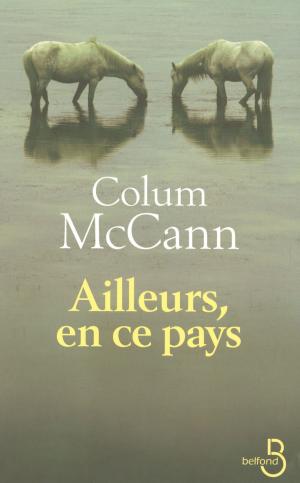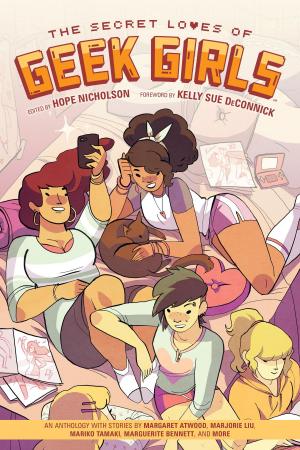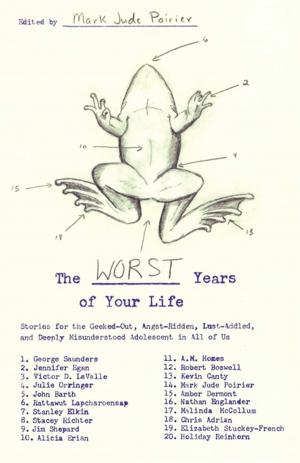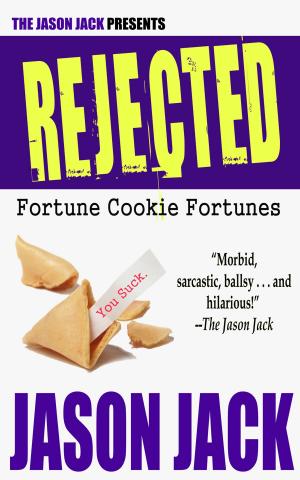| Author: | Robert Ashley M.D. | ISBN: | 9780988785717 |
| Publisher: | Robert Ashley M.D. | Publication: | December 21, 2012 |
| Imprint: | Smashwords Edition | Language: | English |
| Author: | Robert Ashley M.D. |
| ISBN: | 9780988785717 |
| Publisher: | Robert Ashley M.D. |
| Publication: | December 21, 2012 |
| Imprint: | Smashwords Edition |
| Language: | English |
Paul Mathews never wanted to be an average Joe, so when he became a 9-5 working man, a husband and a father, he rebelled. Living alone 20 years later, a massive stroke leaves him tethered to a ventilator and unable to communicate. Now Paul must confront the life he turned away and find the will to live long enough to see his son again.
Two weeks after his stroke, Paul awakens to a world of beeping machines, dutiful hospital staff and a television he cannot turn off. Severely debilitated and fearing the end, Paul most wants to see his son, Jacob, again, and somehow repair their fractured relationship. But the hospital doesn’t even have Jacob’s nor Paul’s ex-wife, Sarah’s, phone number, leaving Paul dependent upon his doctors to choose his course of care. The Advanced Directive Form gives an indication of what a patient would want if he or she has little hope of survival. Paul never filled out this directive and Jacob, should he come, has no idea of Paul's wishes. With the costly advances in medical care, Paul can be kept alive for years, but he only wants to be kept alive long enough to see Jacob again. Isolated and in this tenuous state Paul is bombarded by the recollections of what went wrong with his life: his days of student protest, Vietnam, his hopeful marriage, his bitter divorce and the solitary existence he chose afterward. He urgently struggles to make sense of his life and find a peace that has eluded him up until now.
The Baby Boomers are getting older and while their health care is a right, death is a fact. Paul’s ride through the medical system will hopefully give this generation of Americans the impetus to discuss end of life care with their family and their doctor.
I am an internist practicing medicine for the last 11 years. I graduated from George Washington Medical School, did my residency in internal medicine at UC Davis and am currently an Associate Clinical Professor of Medicine at UCLA.
Paul Mathews never wanted to be an average Joe, so when he became a 9-5 working man, a husband and a father, he rebelled. Living alone 20 years later, a massive stroke leaves him tethered to a ventilator and unable to communicate. Now Paul must confront the life he turned away and find the will to live long enough to see his son again.
Two weeks after his stroke, Paul awakens to a world of beeping machines, dutiful hospital staff and a television he cannot turn off. Severely debilitated and fearing the end, Paul most wants to see his son, Jacob, again, and somehow repair their fractured relationship. But the hospital doesn’t even have Jacob’s nor Paul’s ex-wife, Sarah’s, phone number, leaving Paul dependent upon his doctors to choose his course of care. The Advanced Directive Form gives an indication of what a patient would want if he or she has little hope of survival. Paul never filled out this directive and Jacob, should he come, has no idea of Paul's wishes. With the costly advances in medical care, Paul can be kept alive for years, but he only wants to be kept alive long enough to see Jacob again. Isolated and in this tenuous state Paul is bombarded by the recollections of what went wrong with his life: his days of student protest, Vietnam, his hopeful marriage, his bitter divorce and the solitary existence he chose afterward. He urgently struggles to make sense of his life and find a peace that has eluded him up until now.
The Baby Boomers are getting older and while their health care is a right, death is a fact. Paul’s ride through the medical system will hopefully give this generation of Americans the impetus to discuss end of life care with their family and their doctor.
I am an internist practicing medicine for the last 11 years. I graduated from George Washington Medical School, did my residency in internal medicine at UC Davis and am currently an Associate Clinical Professor of Medicine at UCLA.















